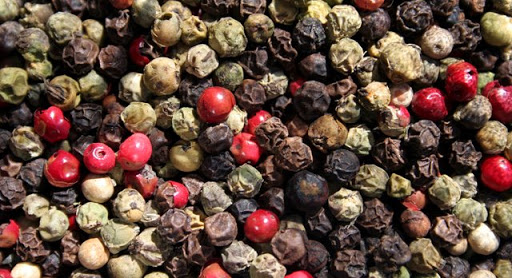As prices of cardamom rise, India is in danger of losing its export markets to the cheaper Guatemalan cardamom. Even the upcoming festive season may not help its cause as higher prices may impact the price-sensitive domestic market as well.
AUGUST 16, 2023
Cardamom prices are spiraling to record levels as severely deficient rainfall wreaks havoc in Idukki district in Kerala, where most of the country’s cardamom is grown.
The average prices have doubled to around Rs 2,000 per kg from a couple of months ago. The maximum price for the premium quality has jumped to about Rs 3,000 per kg. It is reminiscent of the situation four years ago when average prices crossed Rs 4,000 per kg and the maximum price escalated to Rs 7,000 per kg when the south-west monsoon rains played truant.
Rainfall is said to be short by 30 to 50 percent so far in different parts of Idukki district, the hub of cardamom cultivation. ``The harvest began towards the end of last month and the production looks to be 30 to 40 percent short because of poor rainfall from June. If it rains towards the end of this month or in September, we may get some good crop by December, but the current damage cannot be set right,’’ said K K Saseendra Babu, MD of Vandanmedu Green Gold Cardamom Producer Co. Ltd.
He reckons that the total cardamom production in the country could drop to around 15,000 tonnes from 25,000 tonnes last year. Lower carryover stock has also contributed to the price rally.
At present consumption is weak and given the current prices it remains to be seen whether it will pick up with the onset of festival season after September. The maximum domestic sale usually happens during the Durga pooja-Diwali season. Subdued demand may limit the rise of cardamom prices till the festival season begins.
`The pattern of consumption has changed after the Covid pandemic. The market has become price sensitive, and the demand is for cheaper, lower quality cardamom. The total annual domestic consumption could have fallen to 25,000 tonnes from around 35,000 tonnes,’’ Babu said.
Though the prices are at remunerative levels for the growers, they cannot take advantage of it as most of them are left with hardly any stock. Since the prices hit record levels in 2019, cardamom cultivation has spread to more areas in Idukki district as well as in Tamil Nadu. The curry masala makers, who go for bulk quantities, bought some quantity when it was cheaper.
In the last three years cardamom prices have been averaging around Rs 1,000 per kg. Given the rise in the production cost, the growers can reap benefits only if the prices go above Rs 1,200 per kg.
``Apart from the decline in consumption there is also the risk of Guatemalan cardamom entering the Indian market towards the end of the year, which could impact domestic prices’’ pointed out P C Punnoose, CEO of Kerala Cardamom Processing & Marketing Co. Ltd. Gautemala is the biggest cardamom producer in the world and last year the country’s production was higher at around 45,000 tonnes, which helped it to dominate the export market.
Guatemalan harvest usually begins around October.
India’s export of cardamom too declined last year owing to the onslaught of Guatemalan cardamom. Cardamom exports in 2022-23 showed a 30 percent slump in quantity to 7,352 tonnes and a 36 percent drop in earnings year-on-year to Rs 875 crore. In 2021-22, cardamom export had reached a new peak of 10,572 tonnes valued at Rs 1,375 crore.
Importers in Kuwait and Saudi Arabia are asking why India has suddenly increased the price. The prices are around $ 31 per kg. Even at $19 per kg earlier, we were not finding too many takers in the world market,’’ said Nithyanandan, partner of SPG Ramaswamy Nadar and Sons, a leading exporter.
Once Guatemala enters the world market after October, it will be able to sell at a cheaper rate than India. Thus, India could end up losing the Gulf market, the largest buyers of cardamom, to Guatemala.
Further, failure of monsoon rains could push cardamom prices to a higher level, hitting both domestic consumption and export.
PK KRISHNAKUMAR is a journalist based in Kochi.
https://www.moneycontrol.com/news/economy/agriculture/scanty-rainfall-hits-cardamom-production-prices-set-to-spiral-to-record-levels-11197301.html
























